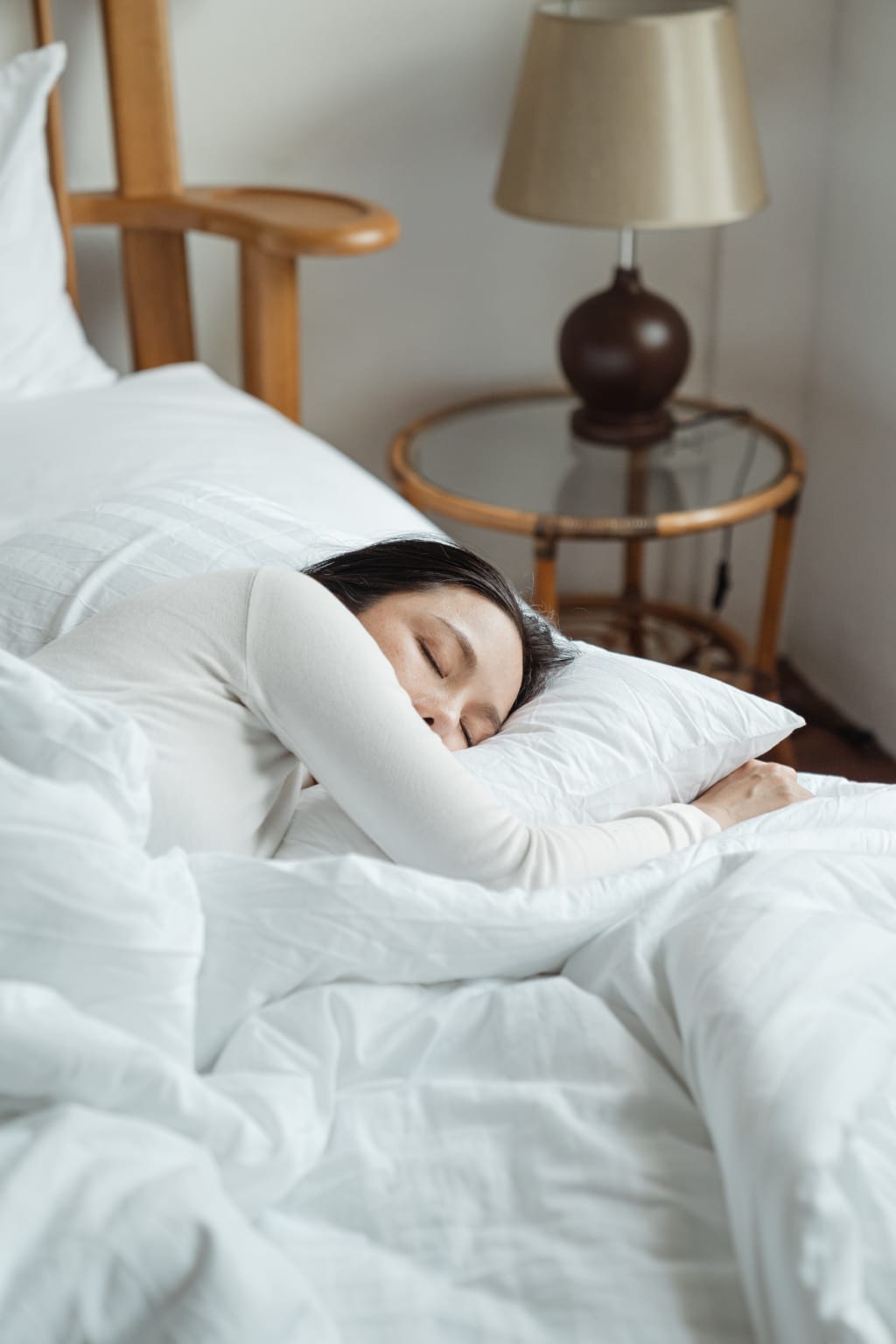What Happens When We Sleep?
Why Do We Sleep? What Happens During Sleep?

Sleep is a naturally recurring state of rest in which consciousness and voluntary body movements are reduced. It is essential for our overall health and well-being. While we sleep, our bodies undergo various physiological and psychological processes that help restore and rejuvenate us.
The exact purpose and functions of sleep are still not fully understood, but research suggests that sleep plays a crucial role in several aspects of our lives.
Sleep is a complex biological process that is essential for maintaining good health and overall well-being. While we sleep, our bodies and brains undergo various physiological and neurological changes. Here are some of the key things that happen during sleep:
1. Restoration and repair: Sleep provides an opportunity for the body to repair and rejuvenate itself. Tissues and cells undergo repair processes, and the immune system strengthens, helping to fight off infections and diseases.
2. Memory consolidation: During sleep, the brain consolidates and processes information, transferring it from short-term memory to long-term memory. This consolidation is crucial for learning, memory retention, and cognitive function.
3. Hormone regulation: Sleep plays a vital role in regulating hormone levels in the body. Hormones such as growth hormone, cortisol, insulin, and leptin are released during specific stages of sleep, helping to regulate metabolism, appetite, stress response, and other important bodily functions.
4. Brain activity: While we sleep, the brain remains active and goes through different sleep stages. These stages include non-rapid eye movement (NREM) sleep and rapid eye movement (REM) sleep. NREM sleep is associated with physical restoration and deep sleep, while REM sleep is linked to dreaming, cognitive processing, and emotional regulation.
5. Energy conservation: Sleep allows the body to conserve energy by reducing metabolic activity and lowering body temperature. This energy conservation helps promote overall physiological rest.
6. Emotional regulation: Sleep plays a crucial role in emotional well-being. Sufficient sleep helps regulate emotions, enhance mood, and improve emotional resilience. Lack of sleep can lead to increased irritability, mood swings, and difficulty managing stress.
It's important to note that the exact mechanisms and functions of sleep are still not fully understood, and ongoing research continues to uncover more about this essential process. The recommended amount of sleep varies depending on age and individual needs, but adults generally require between 7 to 9 hours of sleep per night for optimal functioning.
When we sleep, our bodies go through several stages of sleep, collectively known as the sleep cycle. The sleep cycle consists of two main types of sleep: rapid eye movement (REM) sleep and non-rapid eye movement (NREM) sleep. Here's a breakdown of the different stages:
1. NREM Stage 1: This is the transitional stage between wakefulness and sleep. It is a light sleep stage, and people can be easily awakened during this phase.
2. NREM Stage 2: This stage is characterized by a deeper sleep than Stage 1. During Stage 2, brain wave activity slows down, body temperature decreases, and the heart rate and breathing become more regular.
3. NREM Stage 3: This is a deep sleep stage known as slow-wave sleep (SWS) or delta sleep. It is the stage where the body repairs and regrows tissues, strengthens the immune system, and restores energy. It is often more challenging to wake someone up during this stage.
4. REM Sleep: Rapid Eye Movement (REM) sleep is the stage where most dreaming occurs. It is characterized by rapid eye movements, increased brain activity, and temporary paralysis of voluntary muscles. REM sleep is essential for cognitive function, memory consolidation, and emotional well-being.
The sleep cycle repeats throughout the night, with each cycle lasting approximately 90-120 minutes. As the night progresses, the duration of REM sleep increases while the time spent in deep NREM sleep decreases. On average, adults need about 7-9 hours of sleep per night to feel rested and function optimally, although individual sleep needs can vary.
About the Creator
Enjoyed the story? Support the Creator.
Subscribe for free to receive all their stories in your feed. You could also pledge your support or give them a one-off tip, letting them know you appreciate their work.





Comments
There are no comments for this story
Be the first to respond and start the conversation.